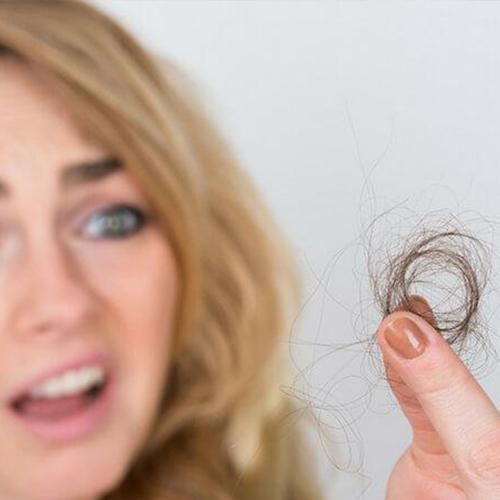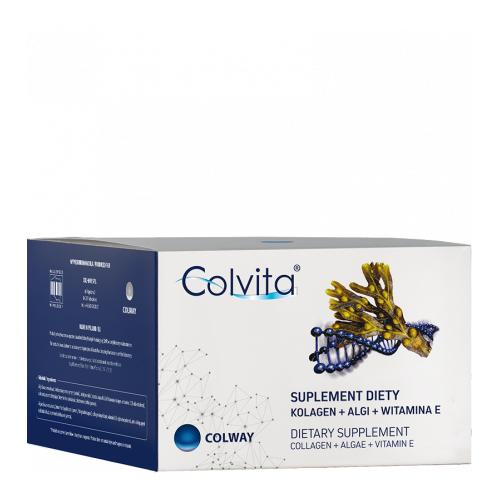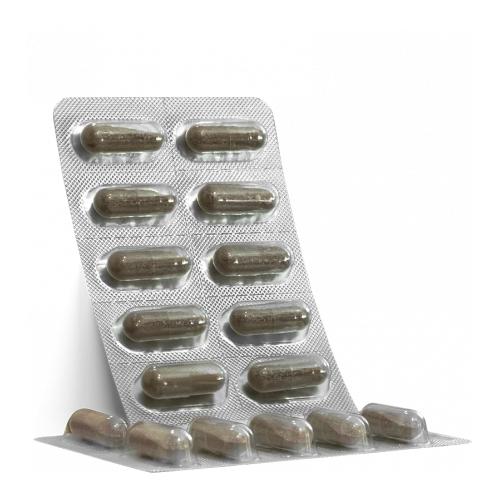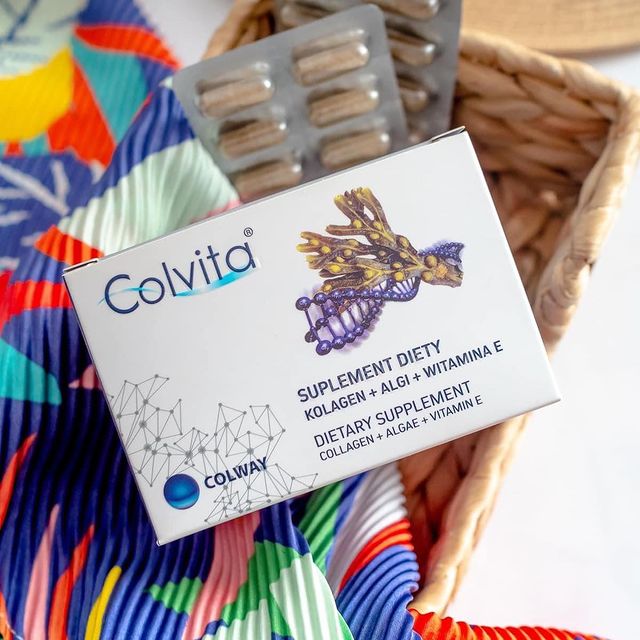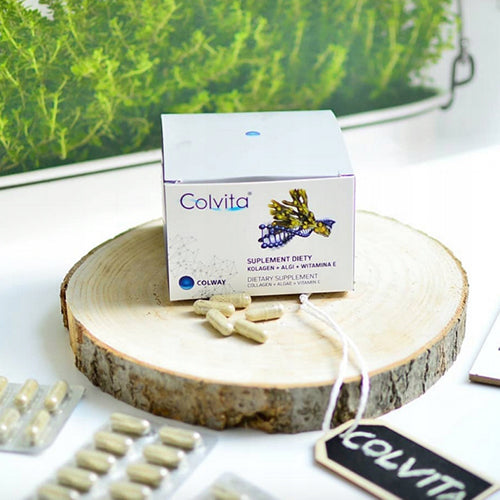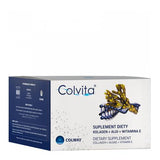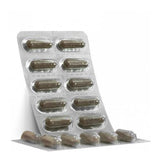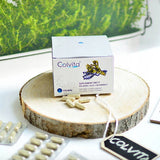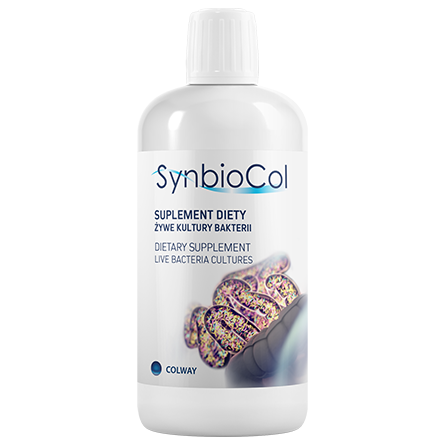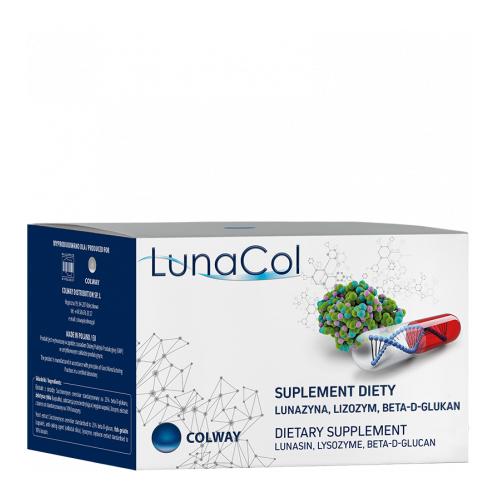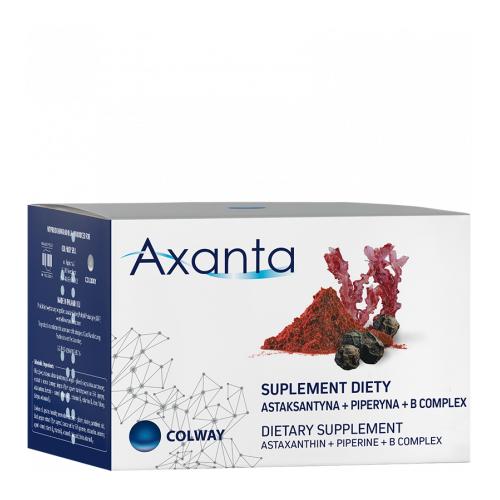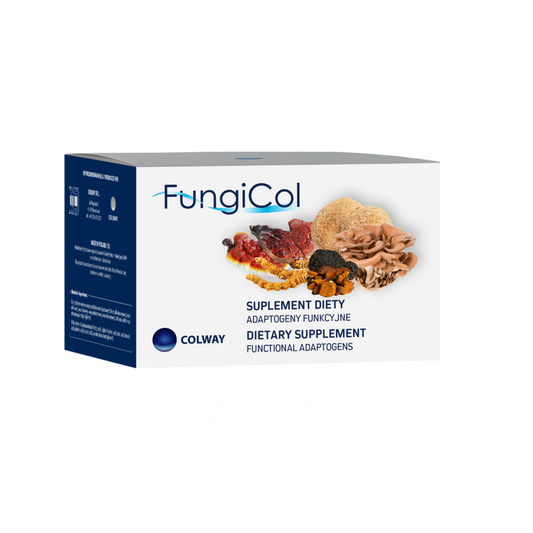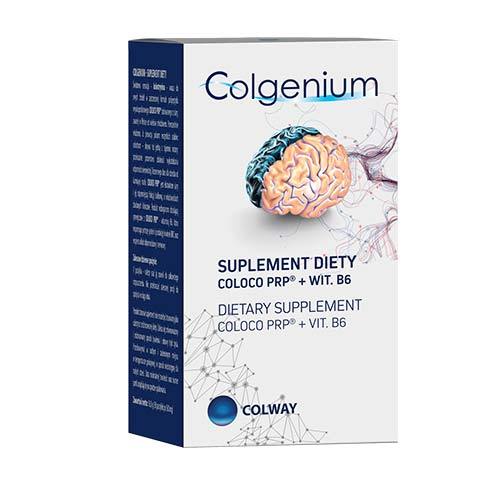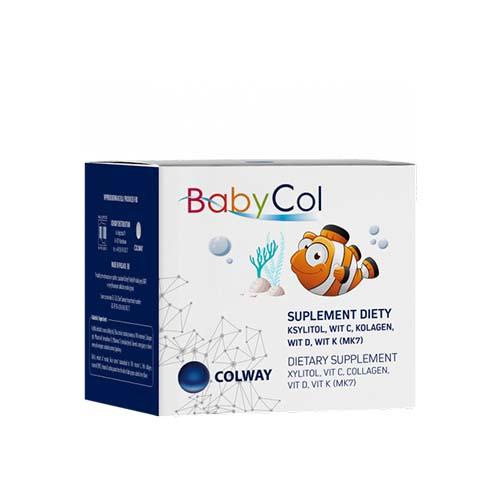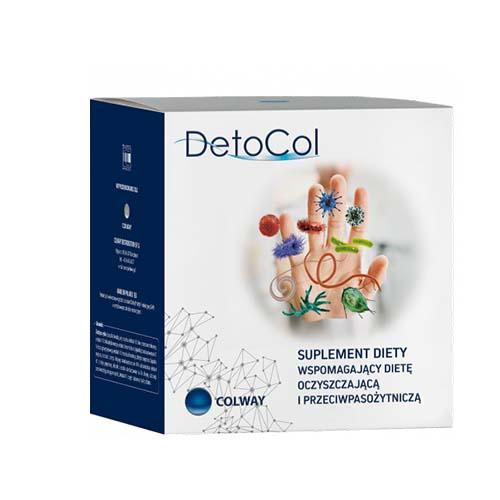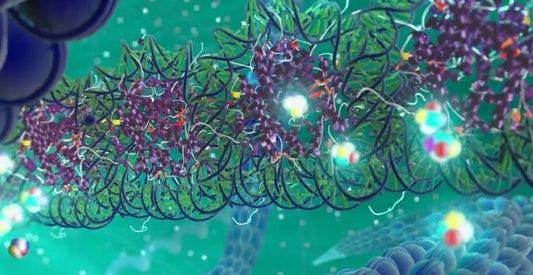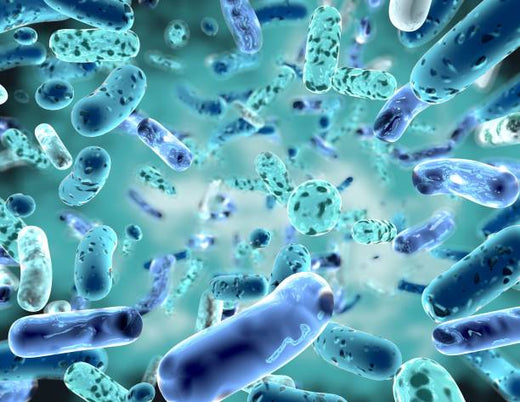
Are you worried about thinning or hair loss? You're not alone.
Besides wrinkles and sagging skin, hair loss and thinning are the biggest concern for women and men.
Contrary to popular belief, hair loss is not a disease that only affects men. Women actually make up 40% of people who suffer from hair loss, according to the American Hair Loss Association. Hair loss can be absolutely devastating for women. Losing your supreme glory can make you feel unattractive and hurt your self-esteem.
The difference between hair loss and hair loss
It is normal to lose between 50 and 100 hairs per day. If you've noticed more hair on your hairbrush or pillow than usual, you may be suffering from telogen effluvium, which is characterized by excessive hair loss. There are several factors that can cause telogen effluvium, including the following:
- High levels of stress
- Giving birth
- Lose 20 kg or more
- Underwent surgery
Recovering from an illness, particularly one accompanied by a high fever. In most cases, your hair begins to grow a few months after the stressful event has passed. In six to nine months, the hair regains its normal thickness. This type of hair loss is different from hair loss, which occurs when the hair stops growing completely. The most common causes of hair loss are as follows:
Some medications and treatments:
- genetic predisposition
- Harsh hair care products
- Hairstyles that pull hair
- Bad nutrition
If you suffer from hair loss, your hair will not grow back until you address the underlying cause.
The good news is that you can help prevent and treat hair loss by adding a collagen supplement to your daily regimen.
The connection between collagen and hair loss
Decreased levels of collagen near hair follicle stem cells have been found to be linked to hair loss. The lack of this particular type of collagen, type XVII collagen, damages the DNA of the hair follicle. The scientists observed this phenomenon in mice that were 18 months old, which is the age at which the mice begin to lose their hair. Older mice have fewer and thinner hair follicles than younger mice. The study showed that hair loss was less common in aged mice that continued to produce collagen.
In mice lacking type XVII collagen, damaged stem cells turn into skin cells and shed like dandruff. This leads to contraction of the hair follicle and hair loss. Scientists believe that the same mechanism applies to humans.
Collagen: the secret ingredient that offers hope for hair loss
Collagen is well known to help restore a youthful complexion, but its benefits go beyond the skin. Collagen is a natural protein in the body that is essential for healthy skin, hair, and nails. Collagen is the basic component of hair and surrounds each strand, so it is key to the quality of your hair and structurally strengthens it.
The main component of hair is the protein keratin, which the body produces most effectively when there is an adequate supply of amino acids in the bloodstream. This supply of amino acids can be increased by taking a high-potency collagen supplement, as it is absorbed quickly by the small intestine. The cells of the hair follicle use the amino acids in the supplement to produce this essential keratin protein.
Collagen also increases blood circulation in your body. Increased blood flow to the scalp is directly beneficial in promoting healthy hair and scalp. Another benefit is that the hair follicles will receive the necessary nutrients, which in turn helps the hair grow faster.
Unfortunately for many of us, as we age, our hair can become rough and dry. Take a high-potency collagen supplement, such asColvita, can be useful for treating dry and brittle hair, as collagen increases the moisture level in the hair and helps repair those annoying split ends. An added bonus: collagen supplements can also help reduce the prevalence of gray hair.



















































































































